Associate Research Fellowship
The Academy provides Fellows with access to the library and all available online resources. Also, Fellows have an opportunity to present their research and to deliver a lecture to students and the public once they publish their research work with the Academy.
FundingThe Fellowship is unpaid. Travel and living costs (if any) to visit the OSCE Academy for public presentations must be covered by the fellows.
The Associate Research Fellowship allows/expects to:
- make a presentation on her/his research to an interested audience, organized by the Academy;
- make a contribution to one of the following publishing outlets of the OSCE Academy in Bishkek:
- OSCE Academy Research Paper series;
Eligibility
- Preferably PhD Candidates, Post-Doctoral researchers, and/or researchers with a proven publication record in the field of social sciences;- Excellent knowledge of English;
- Clearly identified area of expertise / research interest in line with Academy’s research agenda.
To apply please send to arf@osce-academy.net:
- Cover Letter specifying the duration of stay;
- Curriculum Vitae;
- A short project proposal and a plan for the implementation of the research project
- 2-3 latest publications
- A short paragraph describing what kind of support is requested from the OSCE Academy
Associate Research Fellows
Zanatta Leonardo, 2024
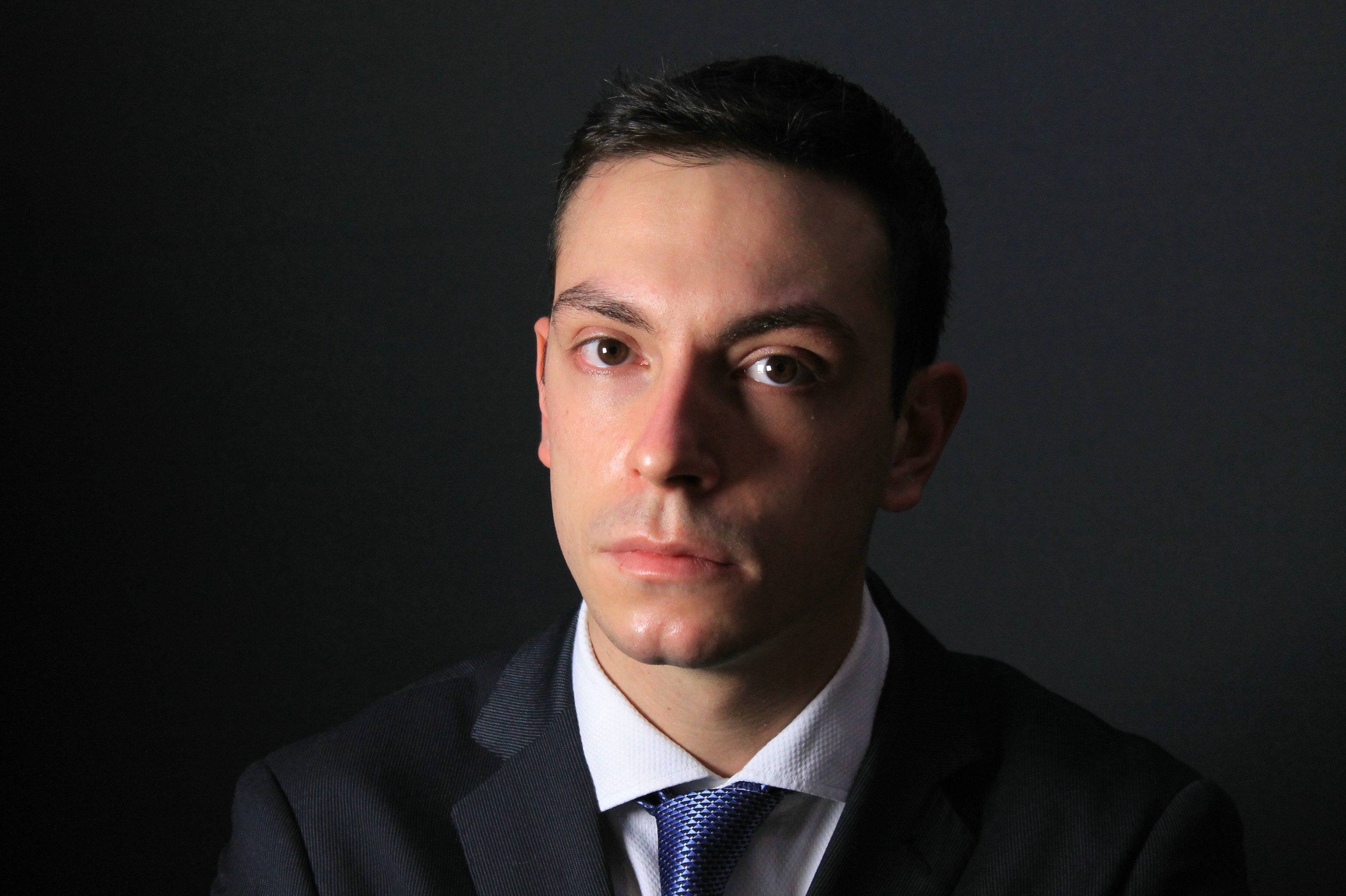 Research Title: Ontological Security, Collective Memory, and Narratives: Rethinking Russia’s Role in the Nagorno-Karabakh Conflict
Research Title: Ontological Security, Collective Memory, and Narratives: Rethinking Russia’s Role in the Nagorno-Karabakh Conflict
Leonardo Zanatta is a Ph.D. candidate in International Relations and Security Studies and a teaching assistant at the Corvinus University in Budapest, Hungary. His doctoral research focuses on Russia's role in the Nagorno-Karabakh conflict, particularly in the interplay between security, historical narratives, and emotions. He investigates how this dynamic has influenced the Kremlin's security practices in the conflict and the current status of the Russian-Armenian relations. He also holds a B.A. in International and Diplomatic Affairs and an M.A. in Interdisciplinary Research and Studies on Eastern Europe from the Bologna University
Vincenzo Alfano, 2023
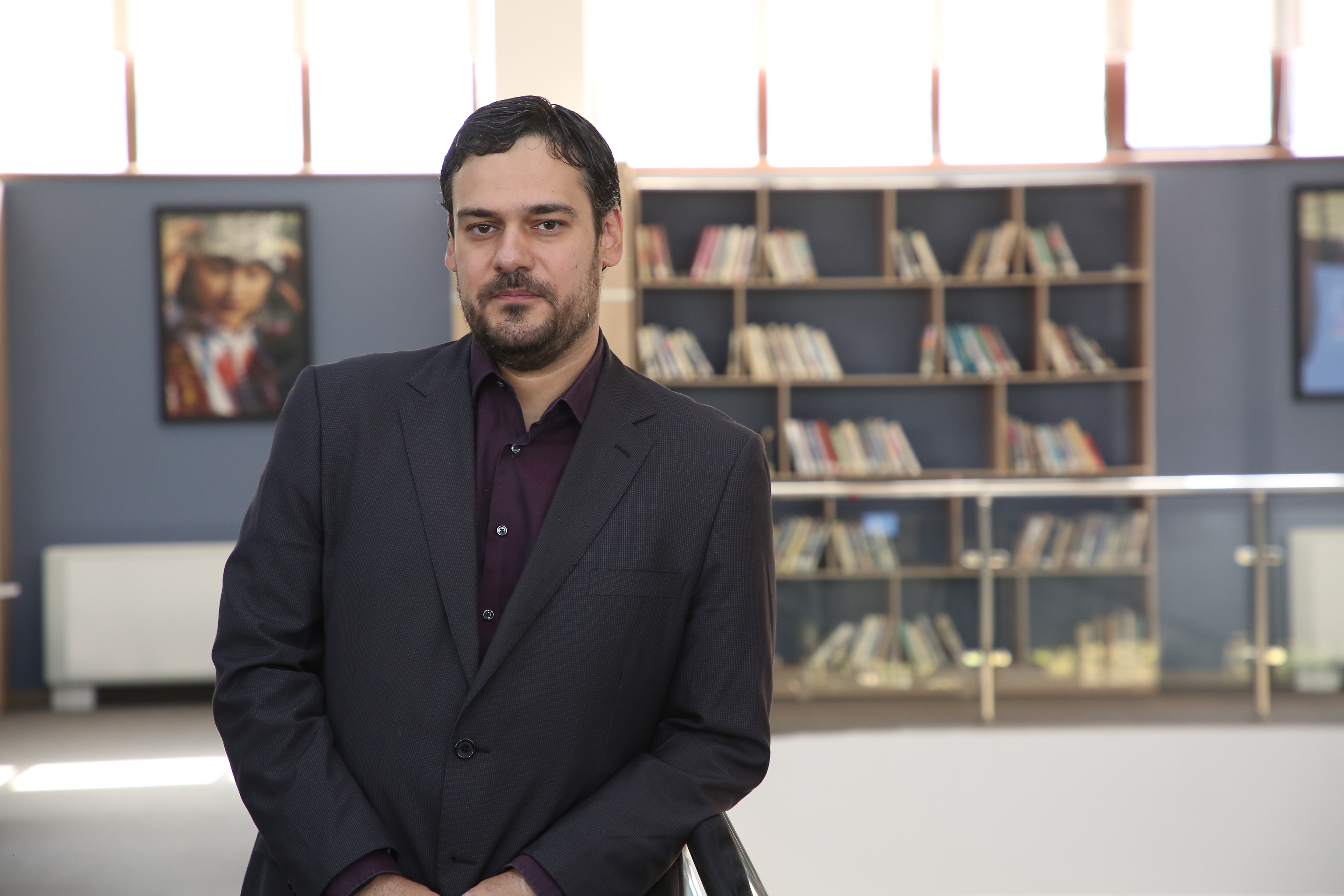
Dr. Vincenzo Alfano holds the position of Research Fellow in Political Economy at the University of Napoli Parthenope. He is also an associate to the Institute for the Mediterranean of the Italian National Research Council and to the Center for Economic Studies – CESifo. Also, he is a research fellow at the Global Labour Organization – GLO and a fellow at the Italy’s National University Centre for Applied Economic Studies – CiMET. Moreover, he serves as a board member of several scientific journals and is Academic Editor for Plos One. Before being appointed to this position, Dr. Alfano had worked as Senior Lecturer in Economics at the Westminster International University in Tashkent. Dr. Alfano has broad research interests; his studies different incentive systems, the institutions that create them, and their effects, and interactions in a variety of different contexts. In particular, his recent contributions focus on a variety of subjects, from health economics and public health to the economic impact of religion and sports economics, also within the context of Central Asia.
Alberica Camerani, 2023
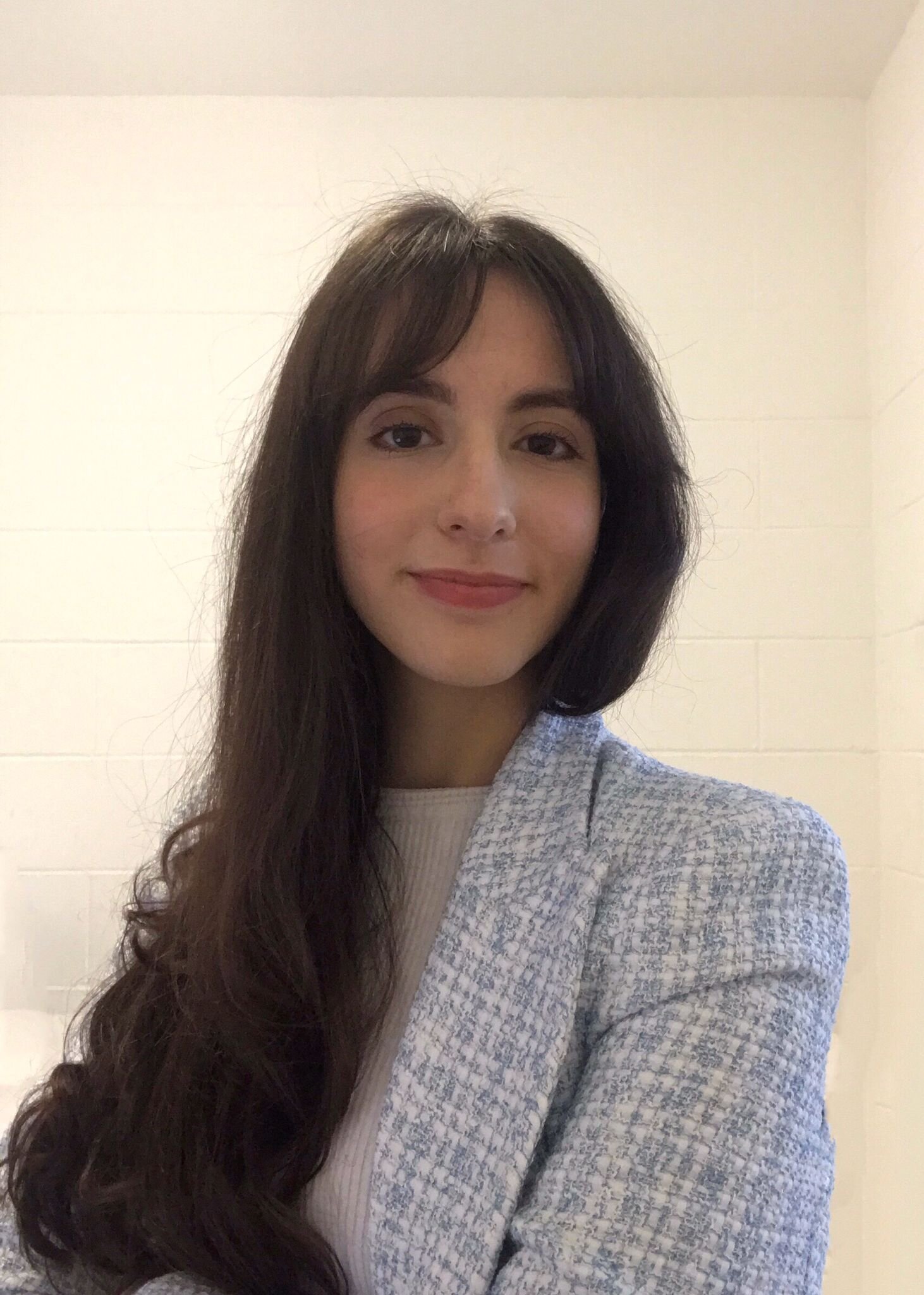
Research Title: Enterprising Women in Kyrgyzstan: Insights into the Interaction of Gender and Entrepreneurship
Alberica Camerani is a doctoral researcher at Dublin City University, where she also works as Marie Curie Early Stage Researcher within the Innovative Training Network "Markets" (EU-MSCA grant). In her doctoral project, she focuses on the influence of the socio-cultural environment on female entrepreneurship in Kyrgyzstan, where she has three years of working and researching experience. More broadly, her research interests encompass gender, nation-building, and social transformation in Central Asia. She holds a double master’s degree from the University College of London and the Higher School of Economics in Economy, State and Society with a focus on the post-Soviet space. Recently, she joined the World Economic Forum Expert Network as a member advising on Gender Equality, Entrepreneurship and Future of Government.
Tommaso Aguzzi, 2023
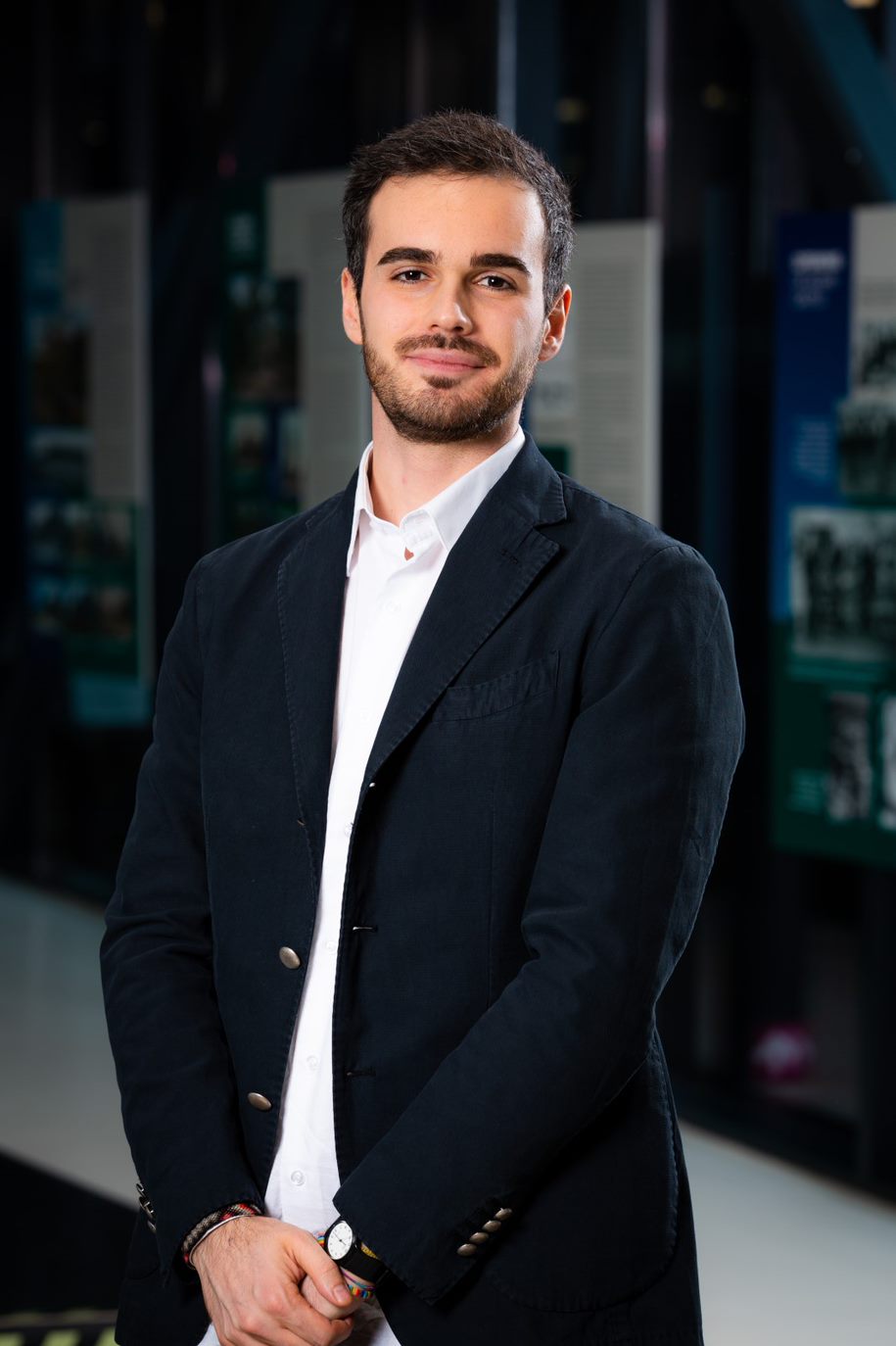
Research Title: Understanding Informality in Kazakhstan: A Study of Informal Entrepreneurial Attitudes, Behaviours and Practices
Tommaso Aguzzi is a Ph.D. Candidate within the Innovative Training Network MARKETS programme at Tallinn University of Technology (TalTech), Estonia. He holds a double Master’s degree in Global Studies from the University of Vienna and Roskilde University, as well as Bachelor’s degree in International Development and Cooperation from the University of Bologna. His research interests focus on the practices of informal entrepreneurs operating in the Central Asian region. In particular, he is interested in understanding My interdisciplinary research focuses on informal entrepreneurship and seeks to understand how social norms, morals, and business ethics are constructed by micro-entrepreneurs and the self-employed, and whether and how they deviate from the codified laws and regulation set by formal institutions.
Giulio Benedetti, 2023
Research Title: The Role of Labor Intermediaries in the Migration Corridor from Central Asia to the EU
Giulio Benedetti is a PhD candidate at the Stockholm School of Economics in Riga and a Marie Curie early-stage Researcher in the Horizon 2020-funded International Training Network “Markets”. His research focuses on informality and migration in the post-Soviet space. Currently, he focuses on informality and the role of intermediaries of migration.
Eugenia Pesci, 2023
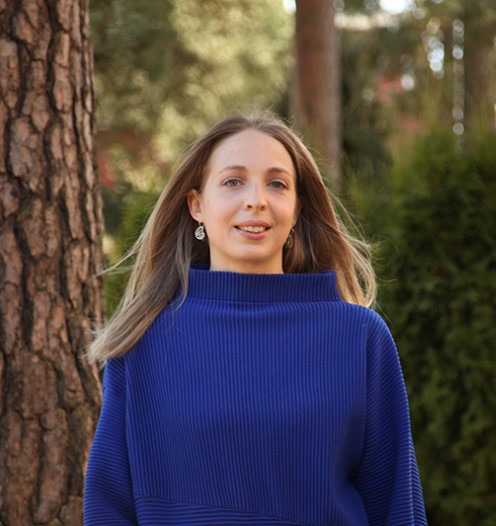 Research Title: Activating the Unemployed? Employment Support Policies in Kazakhstan and Kyrgyzstan
Research Title: Activating the Unemployed? Employment Support Policies in Kazakhstan and Kyrgyzstan
Eugenia Pesci is a doctoral researcher at the Aleksanteri Institute, University of Helsinki. She is a Marie Curie early-stage Researcher in the Horizon 2020-funded International Training Network “Markets”. Her research focuses on the development of labour market and employment policies in Kyrgyzstan and Kazakhstan. She is interested in analysing how global active labour market policies are translated and adapted in the context of highly informalised labour markets, by investigating how the notion of unemployment is being constructed through the activation framework in social policy. She is particularly interested in the perspective of the local bureaucracies and in understanding how they translate the policies into practices at the street-level. Methodologically, her study relies on in-depth interviews with a wide range of local and international stakeholders, participant observation, and analysis of official legislation, policies, programs, and reports. She holds a Master's degree in East European Studies from the University of Bologna, Italy.

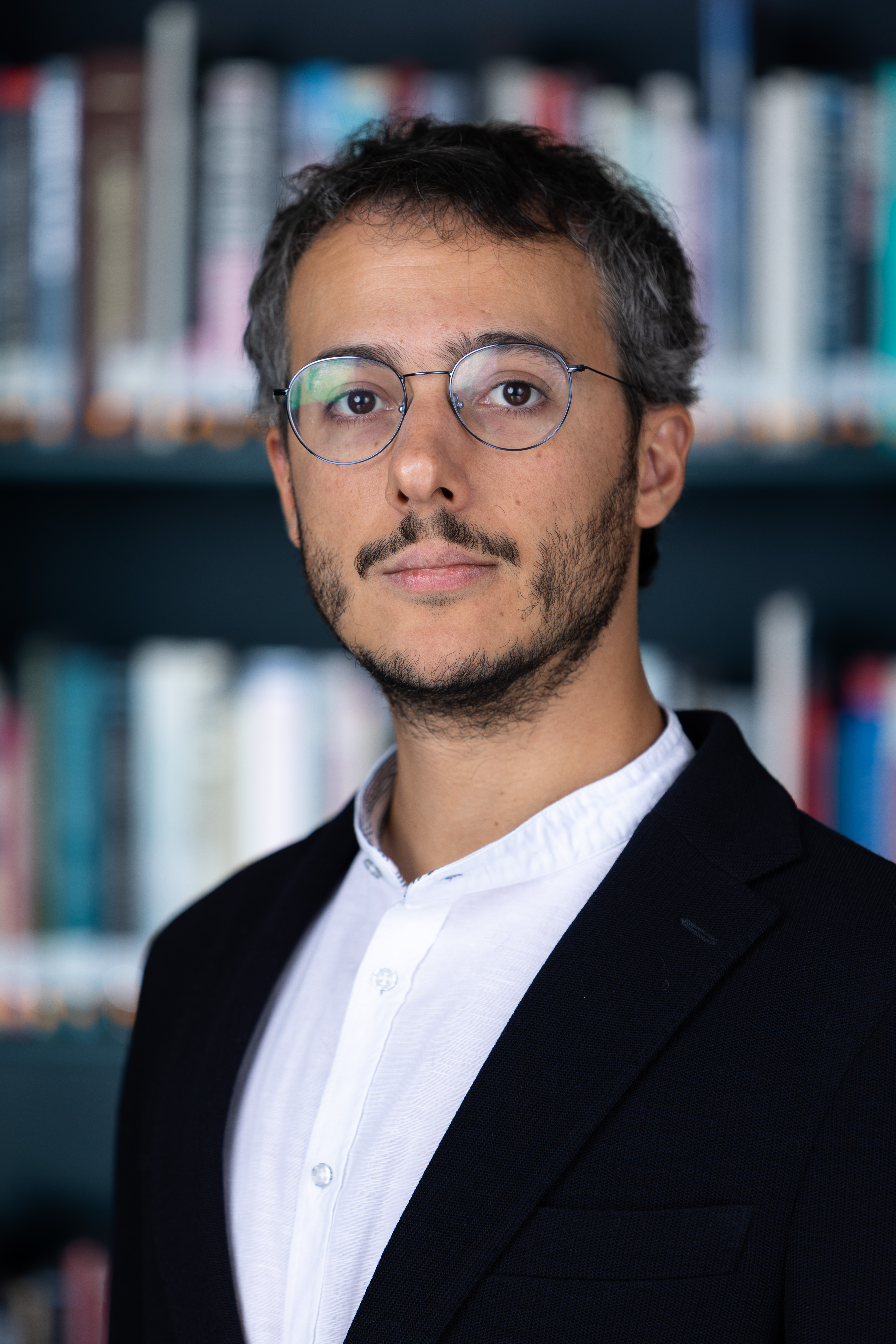

 Русская версия
Русская версия